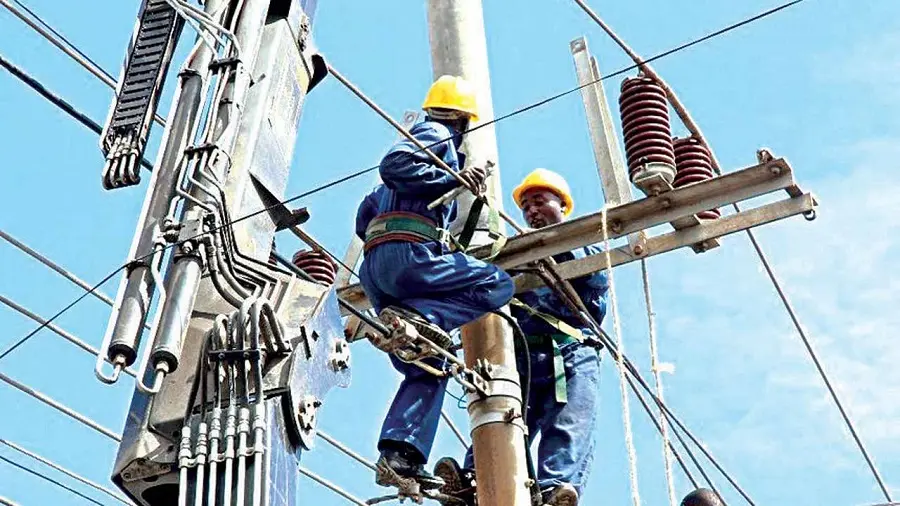Eruption of public discontent ensues following the surge in electricity tariff aimed at Band-A customers, eliciting a spectrum of reactions across Nigeria. Diverse segments of society voice apprehension, citing the prevailing economic adversities gripping the nation.
The timing of the tariff escalation is widely perceived as imprudent, especially amidst the backdrop of soaring living costs and inflationary pressures. Given the prevalent economic uncertainties, the augmented electricity tariffs compound the financial woes faced by households and enterprises.
Experts and consumer advocacy factions echo apprehensions regarding the tariff hike’s ramifications on consumers, particularly those classified under the Band-A bracket already grappling with meeting basic necessities. They advocate for governmental policies prioritizing alleviation of financial strains rather than imposing supplementary financial obligations.
Certain pundits advocate for a fundamental overhaul of the power sector, advocating for full privatization to enhance efficiency, spur investments, and augment service provision, ultimately benefiting consumers in the long haul.
The Nigerian power landscape has perennially grappled with challenges such as deficient infrastructure, operational inefficiencies, and underinvestment. These hurdles manifest in recurrent power blackouts, exorbitant electricity tariffs, and subpar service delivery, eliciting frustration among consumers and enterprises alike.
To redress the underlying deficiencies in the power sector, policymakers must espouse holistic reforms targeting enhanced efficiency, augmented investments, and fostering competition. This necessitates endeavors to entice private sector involvement, streamline regulatory frameworks, and augment transparency and accountability.
While the government defends the tariff hike, asserting the imperative of ensuring the fiscal viability of the power sector and enticing infrastructure investments, dissenting voices contend that concerted efforts are imperative to tackle the root causes of sectoral challenges and safeguard consumers from adverse tariff repercussions.
Striking a balance between the fiscal sustainability of the power domain and consumers’ welfare assumes paramount importance. While tariff revisions may be indispensable to defray operational expenses and catalyze investments, policymakers must ensure judicious implementation to mitigate the burdens on vulnerable households and advocate for affordability and accessibility.
Amid ongoing deliberations on electricity tariffs, fostering constructive discourse and exploring innovative remedies to redress power sector challenges emerge as imperatives. By fostering collaborative engagement, policymakers, regulators, industry stakeholders, and consumer advocates can formulate strategies conducive to fostering sustainable, dependable, and affordable electricity supply for all Nigerians.
-7 October 2024




